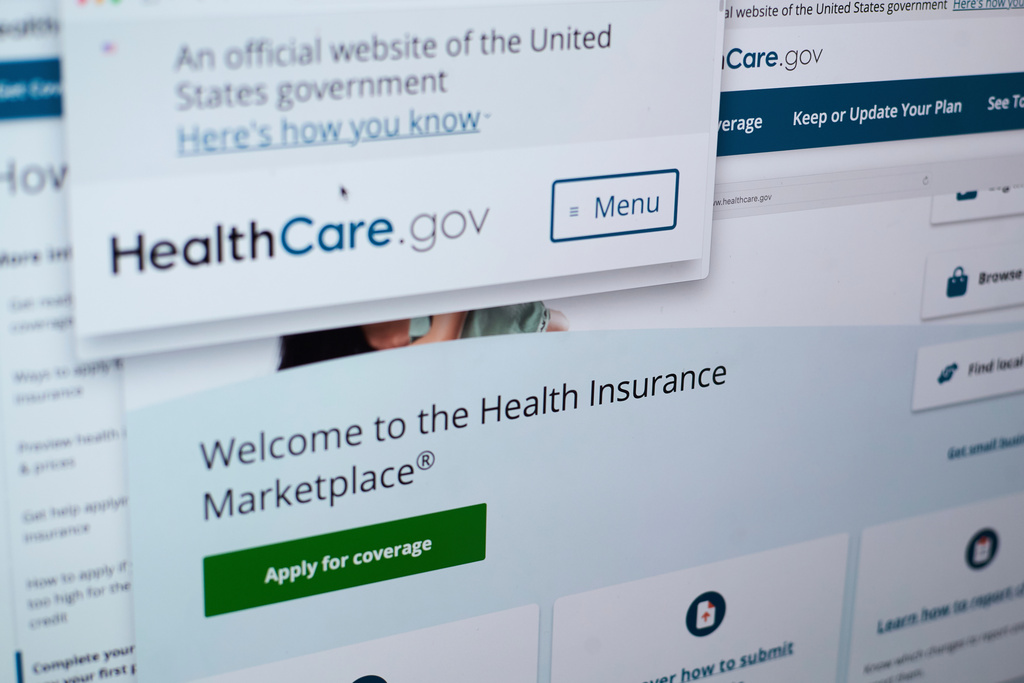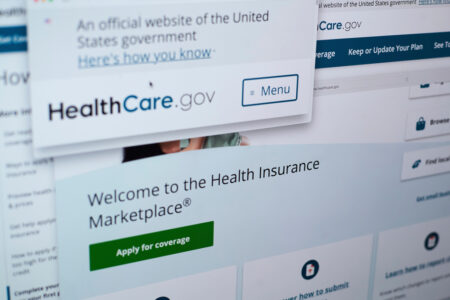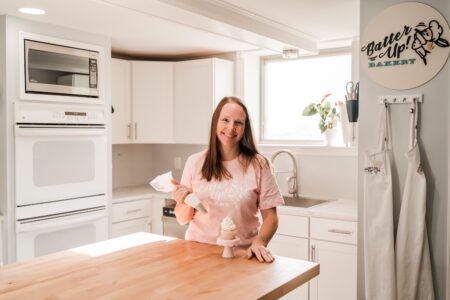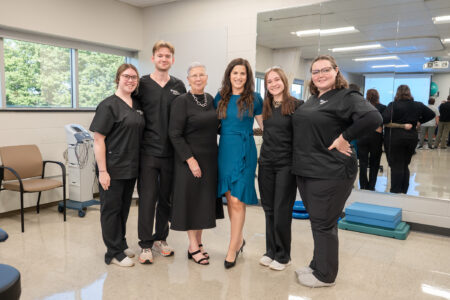Health care premiums skyrocketing, poll finds 60% Americans “extremely concerned”

FILE - Pages from the U.S. Affordable Care Act health insurance website healthcare.gov are seen on a computer screen in New York, Aug. 19, 2025. (AP Photo/Patrick Sison, File)
WASHINGTON (AP) — Most U.S. adults are worried about health care becoming more expensive, according to a new AP-NORC poll, as they make decisions about next year’s health coverage and a government shutdown keeps future health costs in limbo for millions.
About 6 in 10 Americans are “extremely” or “very” concerned about their health costs going up in the next year, the survey from The Associated Press-NORC Center for Public Affairs Research finds — a worry that extends across age groups and includes people with and without health insurance.
Many Americans have other health care anxieties, too. The poll found that about 4 in 10 Americans are “extremely” or “very” concerned about not being able to pay for health care or medications they need, not being able to access health care when they need it, or losing or not having health insurance.
Medicare beneficiaries are already shopping for next year’s coverage, and open enrollment periods for many other health plans are approaching quickly in November. Federal policies have left millions of people at risk of skyrocketing health insurance premiums or of losing their health insurance altogether. The findings show that many Americans are feeling vulnerable to spiking health care costs, with some expressing concerns about whether they’ll have coverage at all.
President Donald Trump’s mega-bill passed this summer cuts more than $1 trillion from federal health care and food assistance over a decade, largely by imposing work requirements on those receiving aid and by shifting certain federal costs onto the states. Republicans say the cuts will prevent people who don’t need aid from gaming the system, but the cuts will ultimately result in millions of people losing health insurance coverage, according to projections from the nonpartisan Congressional Budget Office.
More urgently, a congressional deadlock over Affordable Care Act subsidies that expire this year has thrown the federal government into a shutdown that’s dragged into a fourth straight week with no end in sight. Democratic lawmakers want any funding bill they sign to extend the subsidies, which have made ACA premiums less expensive for millions of people. Republicans in Congress have expressed willingness to negotiate on the issue, but only after the government is reopened.




